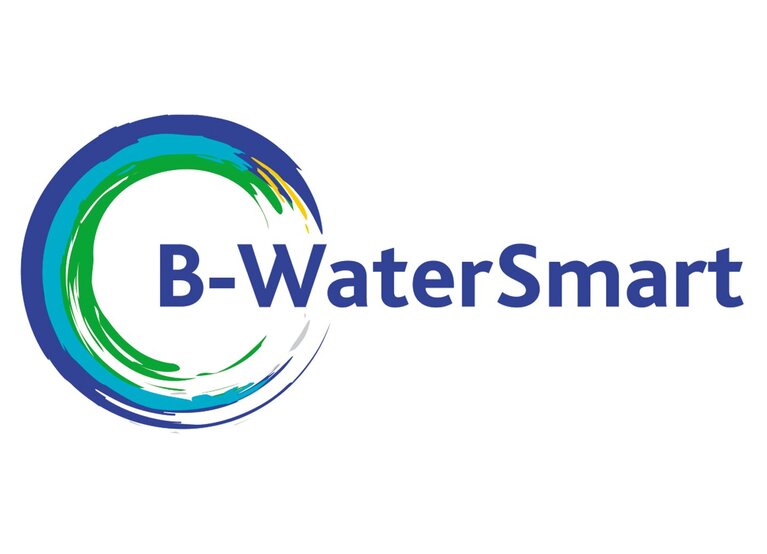![[Translate to English:]](https://dmk.de/fileadmin/_processed_/2/a/csm_So-handeln-wir-Stageimage_a3ba4abe52.jpg)
The "B-WaterSmart" initiative is part of the EU "Horizon 2020" programme and has a budget of 15 million euros available to it. One fifth of this goes to German project participants. Over the next four years, 36 project partners from eight countries will take part in this direction-setting initiative – and we are one of them.
Water plays a crucial role in production. In 2021, only around 1.12 litres of water per kilo of raw milk processed were consumed at the DMK sites. This sets us significantly apart from the German national average of all dairy companies and shows that we have been well positioned in this area for years.
Reduced water consumption naturally also leads to considerable savings in effluent, which have been achieved by a range of individual measures in our factories.

Here’s to your health – with drinking water made from milk.
Because of low rainfall in the past years, even Germany now suffers from drought. Together with the Oldenburgisch-Ostfriesische Wasserverband water association (OOWV), the IWW water research institute and the Envirochemie plant engineering company, we are therefore seeking new ways not only to minimise the use of drinking water but also to produce drinking water.
DMK’s Edewecht site treats the water that comes from the milk in some technical processes (vapour condensate) in such a way that it can be used as drinking water. Vapours are created in a lot of dairy factories, for example when milk is evaporated.
The treated water is then re-used in the dairy factory to save groundwater. The main goal of the project is to ensure that the treated water meets the same standards as normal drinking water and can therefore be re-used safely in dairy factory processes. If this goes well, we could also apply the method at other DMK sites with special equipment. We have an ambitious but quite realistic number in our sights: we want to treat 600,000 m³ of vapour condensate per year in Edewecht. This volume would replace approximately 40-50% of the current freshwater requirements. The project was completed in 2024. Large-scale implementation is currently being planned.
![[Translate to English:] [Translate to English:]](https://dmk.de/fileadmin/_processed_/e/7/csm_DMK_28A5636_45c62fc95c.jpg)
